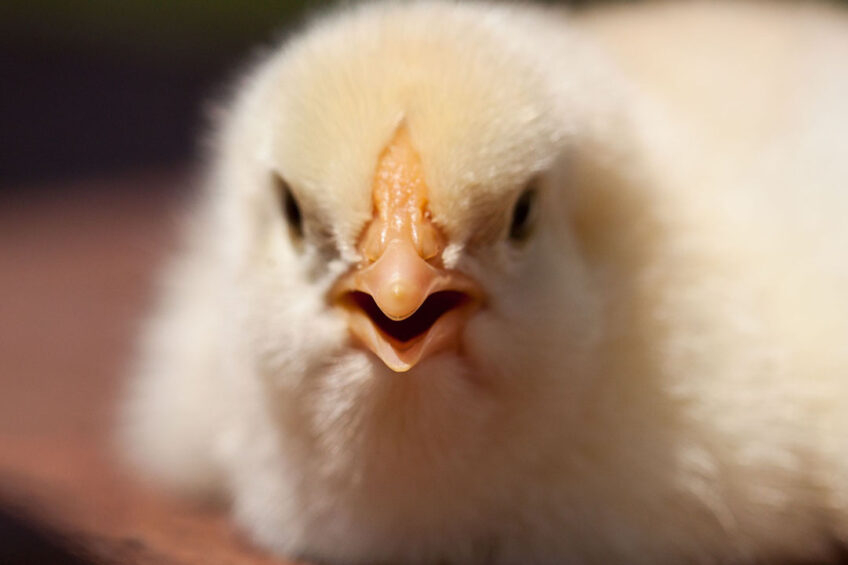December 10, 2025 | 14:45 GMT +7
December 10, 2025 | 14:45 GMT +7
Hotline: 0913.378.918
December 10, 2025 | 14:45 GMT +7
Hotline: 0913.378.918
Researchers therefore conducted a study geared towards compiling a dataset of chickens that were both healthy and unhealthy based on sounds.

The research paper ‘Enhancing poultry health management through machine learning-based analysis of vocalization signals dataset’ was published on Science Direct. Photo: Canva
Individual physiological, physical and behavioural symptoms in poultry, such as fever-induced increases in body temperature, abnormal vocalisation due to respiratory conditions, and abnormal behaviour due to pathogenic infections, frequently represent the health status of the animal. When birds have respiratory problems, they make strange noises like coughing and snoring.
Researchers from the College of Computing and Communication Studies at Bowen University, Nigeria, carried out a study that was geared towards compiling a dataset of chickens that were both healthy and unhealthy.
A total of 100 day-old birds were split into 2 groups at the poultry research farm at Bowen University. The first group of birds received treatment for respiratory illnesses, whereas the second did not. After that, the birds were separated and caged in a monitored environment.
To eliminate extraneous sounds and background noise that might affect the analysis, microphones were set a reasonable distance away from the birds. The data was gathered using 24-bit samples at 96 kHz.
For 65 days, 3 times per day (morning, afternoon and night), audio data was collected. Food and water were provided constantly but after 30 days, the untreated group started to sound sick with respiratory issues. The information was also noted as being unhealthy. The chickens’ audio signals were recorded, saved in MA4, and afterwards converted to WAV format.
The dataset’s creation is intended to aid in the design of smart technologies capable of early detection and monitoring of the status of birds in poultry farms in a continuous, non-invasive and automated way.
(PW)

(VAN) Initiative launched in Cairo honors villages that are helping drive agrifood systems transformation.

(VAN) The European Union agreed Wednesday to phase out Russian natural gas imports by late 2027 as part of an effort to end the bloc’s decade-long dependency on Russian energy.

(VAN) Indonesia plans a US$1.2 billion investment in feed mills to boost poultry feed production.

(VAN) Japan's average retail rice price hit a new record high for the first time in three weeks, according to agriculture ministry data.

(VAN) The use of antibiotics in treating livestock in the UK has fallen, according to a new report released by the government’s Veterinary Medicines Directorate.

(VAN) Newly designated initiatives in Australia, Canada and South Africa represent science-based and inclusive examples of ecosystem restoration.

(VAN) Rice-based food has been selected as Japan's 'Dish of the Year' for 2025, reflecting public interest in the stable supply of the country's staple food amid a recent rice shortage.